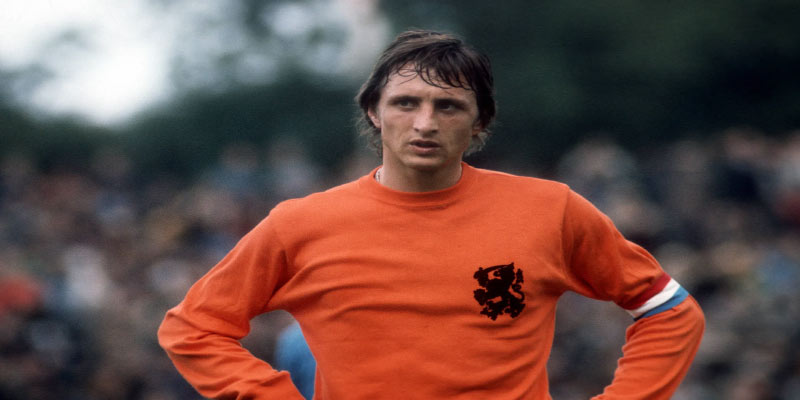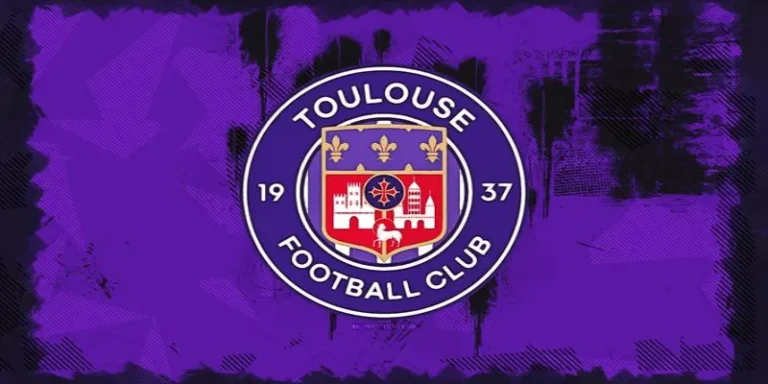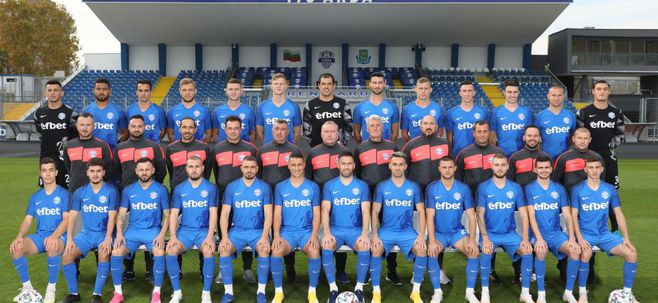
Johan Cruyff: The Rebel Genius Who Rewrote Football
Johan Cruyff wasn’t just a footballer—he was a revolutionary mind who saw the game in ways no one else dared. As a player, his elegance and flair defied conventions; as a coach, he turned tactics into an art form. Cruyff introduced a philosophy that fused beauty with precision, forever transforming how football is played, taught, and loved. From Ajax to Barcelona, his fingerprints are etched into the DNA of the sport. More than trophies or titles, Johan Cruyff’s true triumph lies in his timeless influence—a football prophet whose vision still pulses through the pitch with every touch and tactic.
Johan Cruyff’s Philosophy and Style of Play
Johan Cruyff was more than just a gifted player; he was a tactical visionary whose philosophy of play and style resonated throughout the footballing world. His unique approach to the game redefined how footballers should train, think, and perform on the field.
The Concept of Total Football
At the heart of Johan Cruyff’s philosophy is the revolutionary concept of “Total Football.” This approach emphasizes fluidity, teamwork, and positional interchangeability among players. Under this system, footballers were trained to adapt, to have a deep understanding of both attacking and defending roles on the pitch.
As a player, Cruyff embodied this philosophy to perfection. He could seamlessly transition between roles, consistently making himself available, and creating opportunities for teammates while also being an offensive threat.
This style proved not only effective but also captivating, as it allowed teams to maintain possession and control of the game while demonstrating an aesthetic quality that made the sport even more beautiful to watch.
Creativity and Individual Expression
Johan Cruyff also believed in the immense power of creativity and individual expression within football. He emphasized that while teamwork is essential, each player’s unique talents must be nurtured and allowed to flourish.
Cruyff’s own style was characterized by bold moves, unpredictable dribbling, and clever passing. His approach encouraged players to think outside conventional strategies and embrace their individual flair, leading to more dynamic and engaging play.
In his opinion, a footballer should not be merely a cog in a machine but rather an artist who can influence the game with their creativity. This insight continues to resonate in modern football, where individuality and tactical intelligence bear significant relevance.
Emphasis on Tactical Awareness
Another cornerstone of Johan Cruyff‘s philosophy is tactical awareness. He emphasized the importance of players having a deep understanding of the game, learning to read situations, anticipate opponents’ moves, and make decisions in fractions of a second.
For Cruyff, this tactical intelligence was cultivated through continuous learning and training. He believed that players should not merely execute instructions but understand why specific strategies work and how to adapt to varying circumstances on the pitch.
This holistic approach to training has shaped modern coaching and development programs, where instilling tactical literacy in young players is prioritized.
Impact of Johan Cruyff on FC Barcelona
One cannot discuss Johan Cruyff without delving into his incredible impact on FC Barcelona. His influence revitalized the club during his time as a player, and later as a manager, shaping it into the global powerhouse it is today.
Playing Style Transformation
When Johan Cruyff arrived at FC Barcelona in 1973, he faced a club in disarray—stability and identity were sorely lacking. His presence ushered in a new philosophy emphasizing attacking play, technical skill, and teamwork.
He transformed Barcelona into a team known for its flair and attacking prowess. Cruyff’s influence on play and style would set the stage for future Barcelona sides, ultimately leading to the development of a “Barcelona DNA” that persists today.
The Dream Team Era
Transitioning from player to coach, Johan Cruyff cemented his legacy with the “Dream Team” during his managerial reign in the early ’90s. Implementing his own vision of Total Football, he led Barcelona to unprecedented success.
Under his guidance, the team conquered Spain and Europe, winning four consecutive La Liga titles and the club’s first-ever European Cup in 1992. Cruyff’s emphasis on youth development resulted in nurturing talents like Pep Guardiola, who would go on to shape the club and football in general.
A Culture of Learning
One of Cruyff’s crucial legacies at FC Barcelona was cultivating a culture of learning and development. He believed developing younger talents was essential, not just for the club’s success but for the future of football as a whole.
He established Barcelona’s famed La Masia academy, which has since produced an extraordinary number of world-class players, contributing to both the club’s success and the national team’s fortunes. The multi-faceted approach to nurturing young talent was a testament to Cruyff’s foresight and belief in elevating the sport.
Lasting Influence on Modern Football
Johan Cruyff‘s impact on FC Barcelona extends beyond his time as a player and a coach. His principles and ideas continue to resonate both within the club and throughout modern football.
Innovations he initiated have shaped the way teams approach the game, emphasizing possession-based strategies and attacking play. The Barcelona model remains a benchmark against which all teams are measured, underscoring the monumental shift in football philosophy initiated by Cruyff.
Johan Cruyff: A Pioneer of Total Football
Johan Cruyff is primarily celebrated as a pioneer of Total Football, a tactical revolution that transcended national borders and bridged various footballing philosophies.
The Origins of Total Football
Total Football emerged in the Netherlands during the late 1960s and early 1970s, but it was Johan Cruyff who became its most articulate and persuasive advocate. Central to this revolutionary system is the idea that any player can occupy any position on the pitch, promoting fluid play and collective responsibility.
Through intense training and innovative coaching techniques, Cruyff and his contemporaries brought this philosophy to the forefront of football, demonstrating that tactical fluidity could lead to unprecedented success.
Impact on the Netherlands National Team
Johan Cruyff’s influence on the Netherlands national team is profound. The ideas of Total Football culminated in the national team’s performance during the 1974 World Cup. A blend of tactical intelligence, combined with the creativity and skill of players like Cruyff, captured the imagination of football lovers worldwide.
Though the Netherlands did not secure the coveted trophy, their enchanting style of play remained unforgettable. Total Football under Cruyff defined a generation, inspiring numerous teams to adopt similar strategies in pursuit of success.
Global Adoption of Total Football
The principles embodied by Total Football have left an indelible mark on global football. Teams like FC Barcelona, Arsenal, and many others have adopted its tenets over the years, contributing to a tactical evolution that continues to define the sport.
Through various adaptations, Total Football serves as a foundation for many modern tactics. Goals across the globe echo the philosophy Johan Cruyff championed, ensuring that his pioneering spirit remains vibrantly alive.
The Legacy of Total Football
The enduring legacy of Total Football lies not just in its tactical brilliance but also in its emphasis on collective identity. Through Johan Cruyff’s teachings, football emphasizes beauty, creativity, and teamwork, ideals that transcend any single generation or era.
These principles serve as a daily source of inspiration for players, coaches, and fans around the world, creating a lasting dialogue that continues the evolution of the beautiful game.



